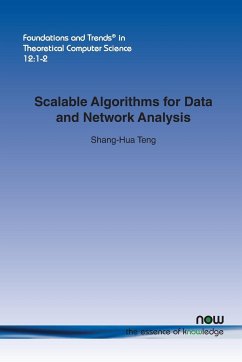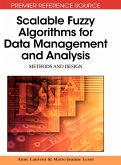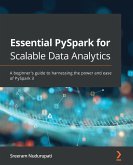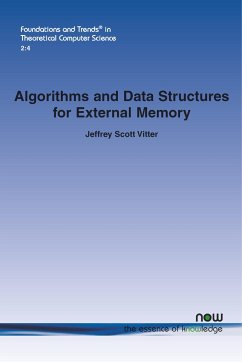In the age of Big Data, efficient algorithms are in higher demand more than ever before. While Big Data takes us into the asymptotic world envisioned by our pioneers, it also challenges the classical notion of efficient algorithms: Algorithms that used to be considered efficient, according to polynomial-time characterization, may no longer be adequate for solving today's problems. It is not just desirable but essential that efficient algorithms should be scalable. In other words, their complexity should be nearly linear or sub-linear with respect to the problem size. Thus, scalability, not just polynomial-time computability, should be elevated as the central complexity notion for characterizing efficient computation. Scalable Algorithms for Data and Network Analysis surveys a family of algorithmic techniques for the design of scalable algorithms. These techniques include local network exploration, advanced sampling, sparsification, and geometric partitioning. They also include spectral graph-theoretical methods, such as are used for computing electrical flows and sampling from Gaussian Markov random fields. These methods exemplify the fusion of combinatorial, numerical, and statistical thinking in network analysis. Scalable Algorithms for Data and Network Analysis illustrates the use of these techniques by a few basic problems that are fundamental in analyzing network data, particularly for the identification of significant nodes and coherent clusters/communities in social and information networks. It also discusses some frameworks beyond graph-theoretical models for studying conceptual questions that arise in network analysis and social influences.
Bitte wählen Sie Ihr Anliegen aus.
Rechnungen
Retourenschein anfordern
Bestellstatus
Storno









